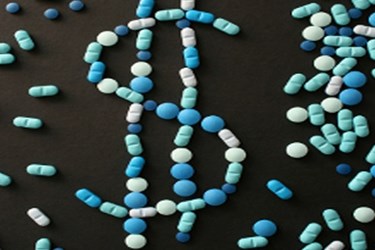Infection-Fighting Biosimilars Expected To Hit $1.8B By 2023

Decisions Resources Group (DRG) surveyed oncologists from France and Germany to gauge their opinion and preferences toward a wave of biosimilars which are poised to enter the market over the next few years. Based on their preference for biosimilar versions of granulocyte colony-stimulating factors (G-CSFs) filgrastim and pegfilgrastim, researchers expect a boom in business for G-CSFs over the next ten years, which could equal $1.8 billion, reports the Providence Journal.
Patents are expiring for many biologic medicines, leaving pharma companies around the globe scrambling for a share of the market for biosimilars, which offers cheaper alternatives tested to be biologically similar to and equally effective as their more expensive reference product.
Both G-CSFs and MAbs can be used to stem infection resulting from cancer treatments, but they operate with different mechanisms. MAbs are clinically designed antibodies which fight the infection directly, and G-CSFs stimulate the production of white blood cells, using the body’s own immune system to fight infection.
The oncologists surveyed by DRG showed a distinct preference for biosimilar versions of G-CSFs over monoclonal antibodies (MAbs) with a much larger proportion willing to trust G-CSFs within six months of their release.
The proportion of doctors concerned about equivalence was higher for MAbs than it was for G-CSFs, and these concerns were unlikely to be influenced by positive regulatory decisions regarding either drug.
The oncologists also reported that their decisions were also based on trust of the manufacturer.
Bloomberg Businessweek reports the global drug spending expected to reach $1.3 trillion by 2018, and health care providers will likely be looking for ways to cut costs where they can. IMS Institute for Healthcare Informatics projects cancer medication spending will grow to $100 billion, a significant portion of the $1.3 trillion.
Murray Aitken, executive director at IMS told Bloomberg Businessweek, “The focus now is, how do we get value from the trillion dollars we’re spending.”
Kate Keeping, DRG senior director of biosimilar research, remarked, “Filgrastim biosimilars have performed well in Europe, with sales exceeding the reference product in many countries. Now those biosimilars are on the verge of entering the U.S. market where we expect U.S. oncologists to swiftly adopt these tried and tested lower-cost alternatives.”
